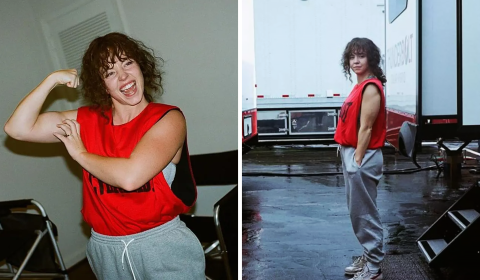Already facing the negative repercussions of a pandemic, British fashion designers, manufacturers, and retailers are concerned that the new Brexit deal will only exacerbate the situation.
Fashion in the time of a global virus outbreak is definitely an unusual business.
Over the last year we’ve witnessed the industry experience huge disruptions, the long-lasting effects of which will likely stretch far beyond our return to normality.
From the cancellation of major events, to what feels like the indefinite closure of physical retail, as Confindustria Moda president Claudio Marenzi rightly predicted last March, 2020 was indeed ‘an incredibly tough year for fashion.’
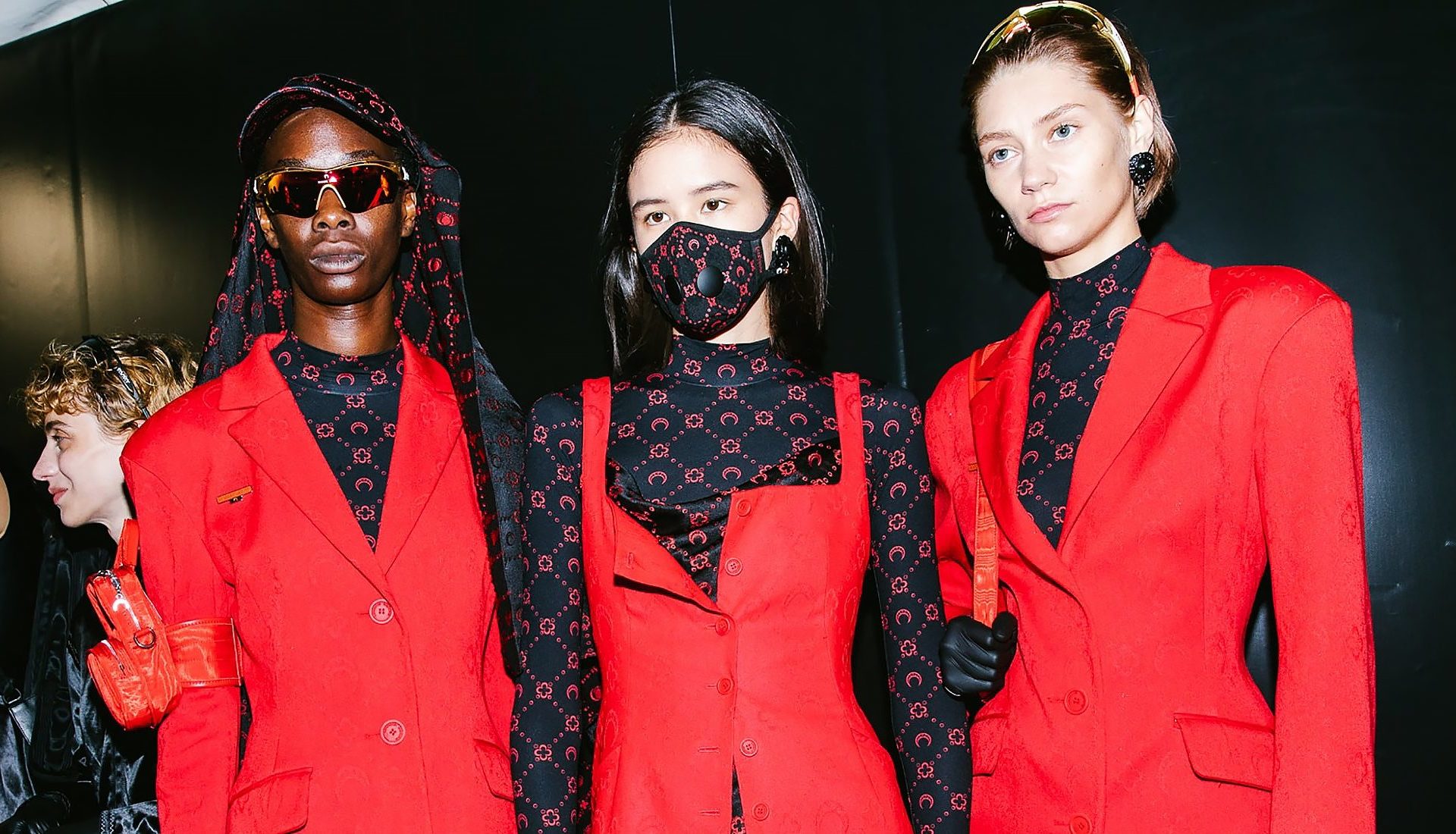
On a more positive note, the pandemic did bring with it an interval of reflection in which consumers could pause and consider the current systems in place.
For fashion, it’s been a ‘reset period,’ a moment to slow down and address the industry’s out-of-date, predictive seasonal structure, to redefine business models, and build a more conscious, progressive future.
This has given way to a boom in more ethical practices that strive to generate less waste and, borne out of this, a number of burgeoning brands with sustainability at the core of what they do.

However, though already confronted with the countless hardships of the Covid-19 crisis, British designers, manufacturers, and retailers have been presented with yet another hurdle to overcome.
It’s been almost a year since the UK officially left the EU and the nation’s creative sectors are already suffering, particularly industries that are dependent on international relationships such as fashion.
‘The deal done with the EU has a gaping hole where promised free movement for goods and services for all creatives, including the fashion and textiles sector, should be,’ explains an irate open letter penned by Fashion Roundtable mid-February, calling on the government to offer more support in dealing with the issues that have arisen.
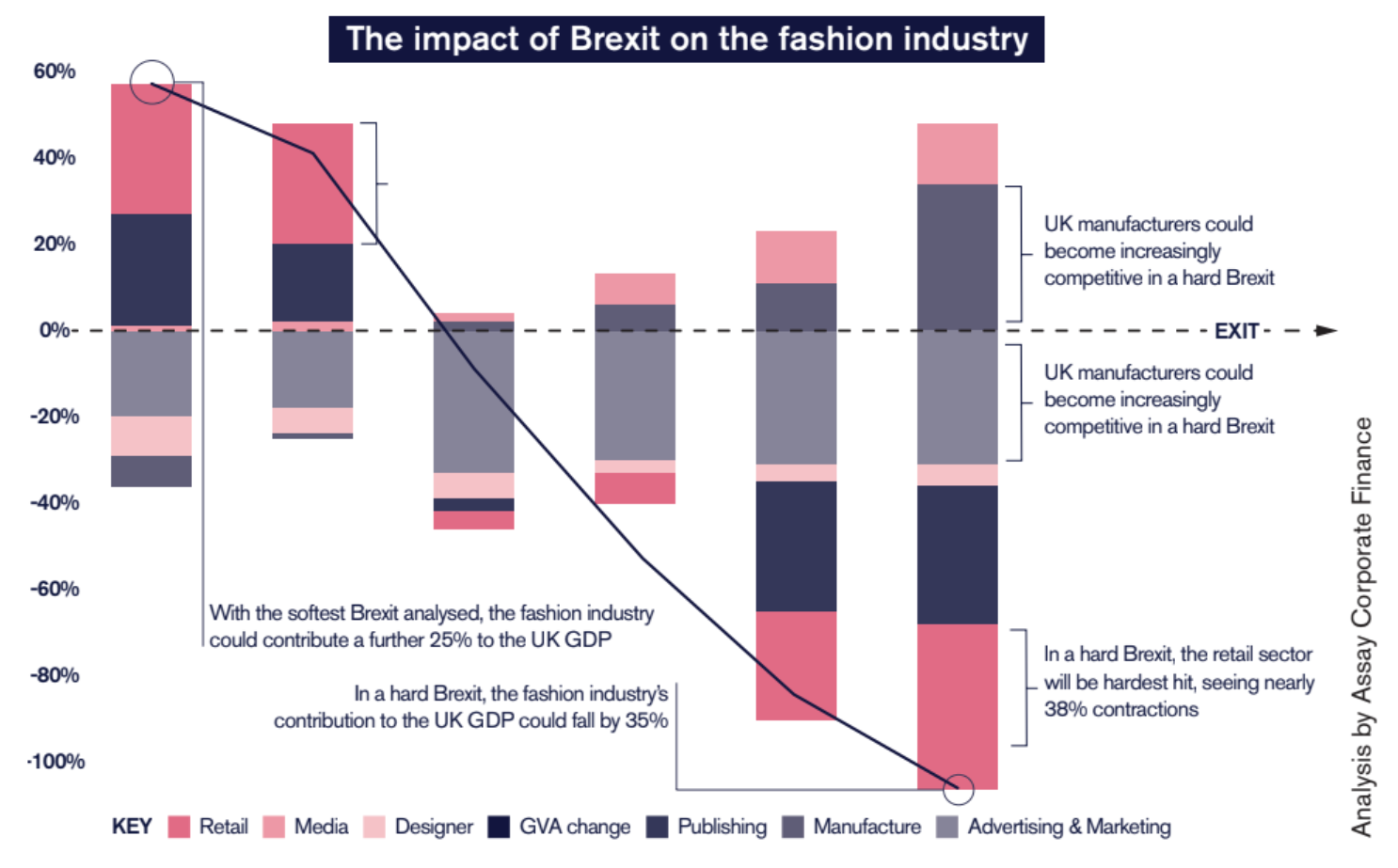
Signatories claimed that the newly inked Brexit trade terms could threaten the survival of hundreds of garment businesses – those already buckling from the strain of repeated lockdowns – disregarded by the last-minute deal.
‘Brexit is rooted in belonging, social alienation and constitutionalism,’ it continues. ‘These are factors rarely considered in the fashion industry.’
This refers to ongoing apprehension from homegrown start-ups, global luxury houses, top London design schools, and rural textile producers who feel Britain is gradually losing its reputation as a creative and commercial fashion hub.









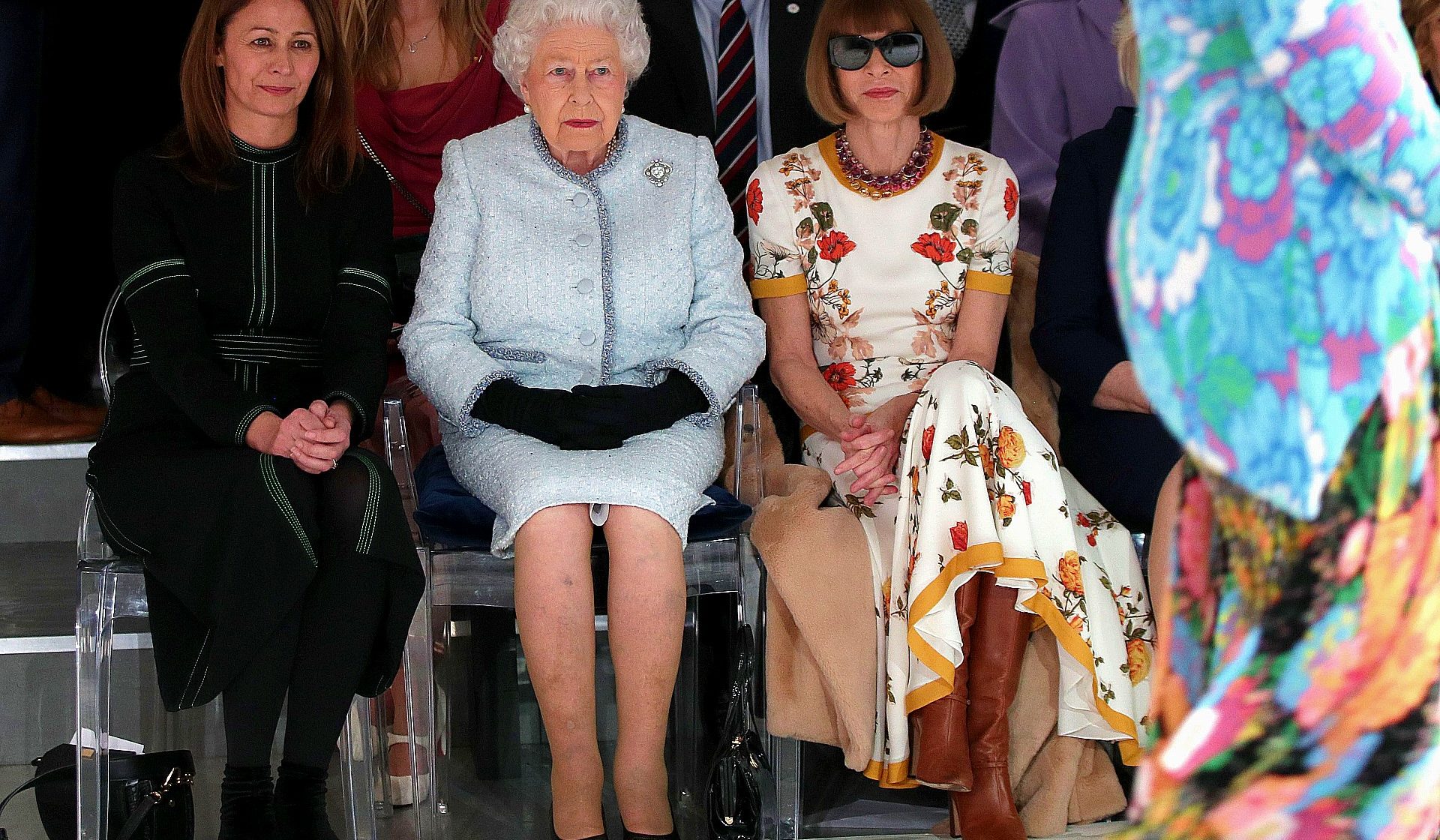

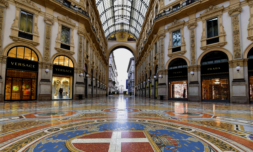

/cdn.vox-cdn.com/uploads/chorus_image/image/61403065/GettyImages_200394190_001.0.jpg)




